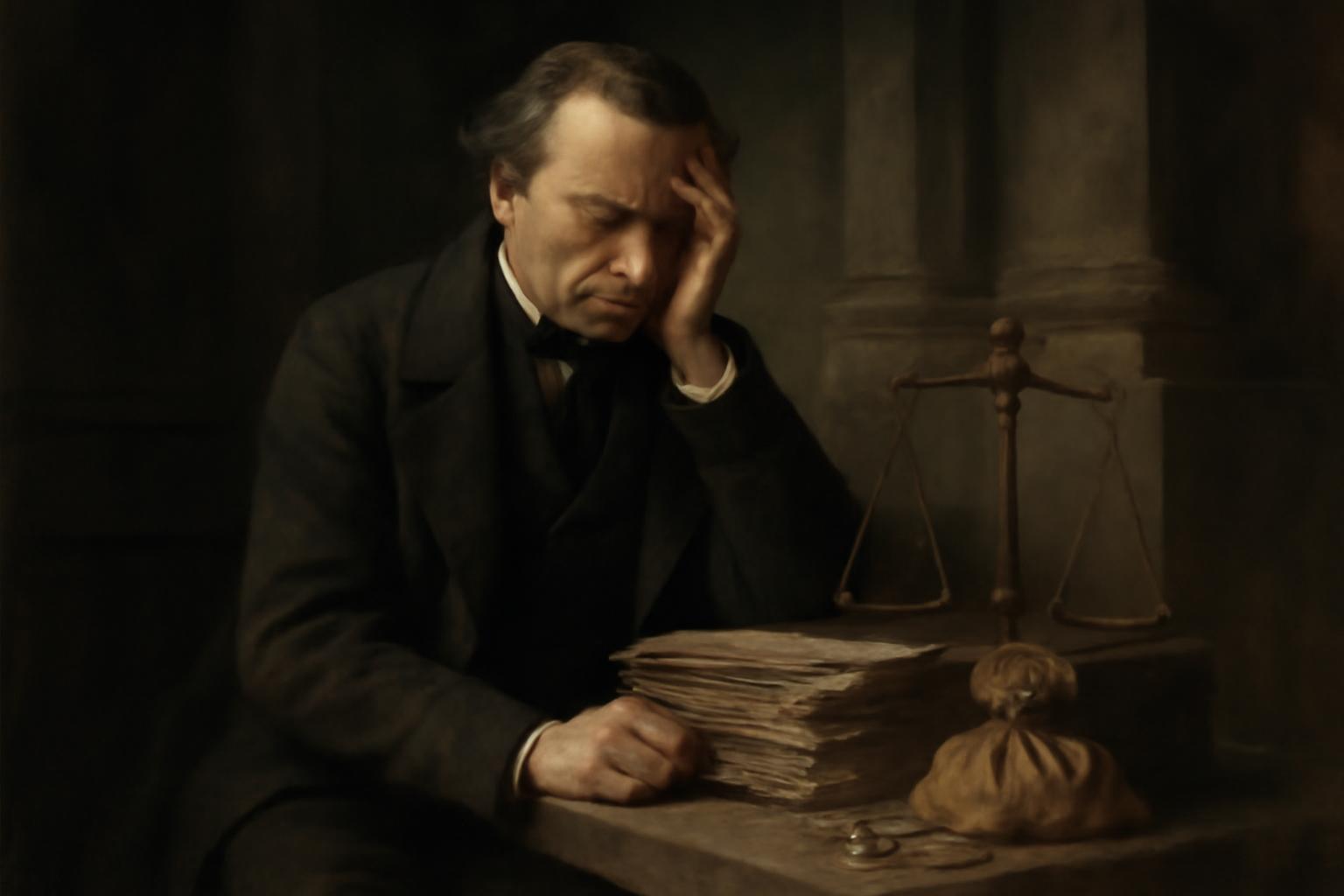In the marble hush of legal chambers, a former political figure traverses the stage once more, not with a banner, but with the quiet slither of consequences. A nine-month sentence, suspended, hangs like a spectral crown on a man who has already left the fray of parliamentary halls, and now leans toward an appeal in the Azerbaijan affair, as if the past could be redescribed to save face in the present. The theater of justice distributes its verdict with the same measured cadence that politics has long used to measure every breath of fortune.
He files a revision with the Federal Court of Justice in Karlsruhe, while the prosecutors, cool as an untouched ledger, refrain from any appeal of their own. The ledger, after all, is the memory of the republic, and memory, when pressed, is often harsher than the law. During the long trial, he admits—through a company, through his own hands—that Azerbaijani funds moved toward a now-deceased CDU deputy, to tilt decisions in favor of Azerbaijan after his own tenure on the Parliamentary Assembly of the Council of Europe had ended. He defends this as lobbying, a craft not criminal in his world, merely another instrument of influence in a system that already confuses honor with expedience.
The prosecutors, however, cast a sterner light: at least 84,000 euros in cash, between 2011 and 2016, crossing the thresholds that separate persuasion from subversion. They remind us that influencing PACE members did not become illegal in Germany until 2014, a line drawn with the careful forethought of a judiciary catching up to a changing morality rather than guiding it. It is a reminder that the law trails history, sometimes by mere inches, sometimes by leagues.
The case did not stand alone in its theater. Ex-CDU MP Axel Fischer’s chapter was separated from the others on account of illness and is to restart in autumn, with the specter of prescription haunting the margins of the calendar if not concluded next year. The other two co-defendants walked away with provisional fines, their fates settled in a different key, a different mood of the same corrupting aria.
And so we witness the republic’s slow, impoverished drama: money as surrogate virtue, influence as currency, law as an instrument in the hands of those who grant and revoke authority. In such moments the old gods look away, Nietzsche’s chasm yawns, and Greek tragedy returns in a quieter, more insidious form—the inevitable tax on trust, the ruinous inflation of public virtue, the sense that the stage of the polis has grown too large for the moral actors who inhabit it. The decline is not loud; it is the soft rustle of pages turning in pursuit of a justice that seems to drift farther from the ideal with each cautious, clinical decision. Yet it is precisely in this drift that the Western mind confronts its melancholy truth: that to govern well is to resist the gravities of money, and to fail to resist is, in the end, to fail at being human.
